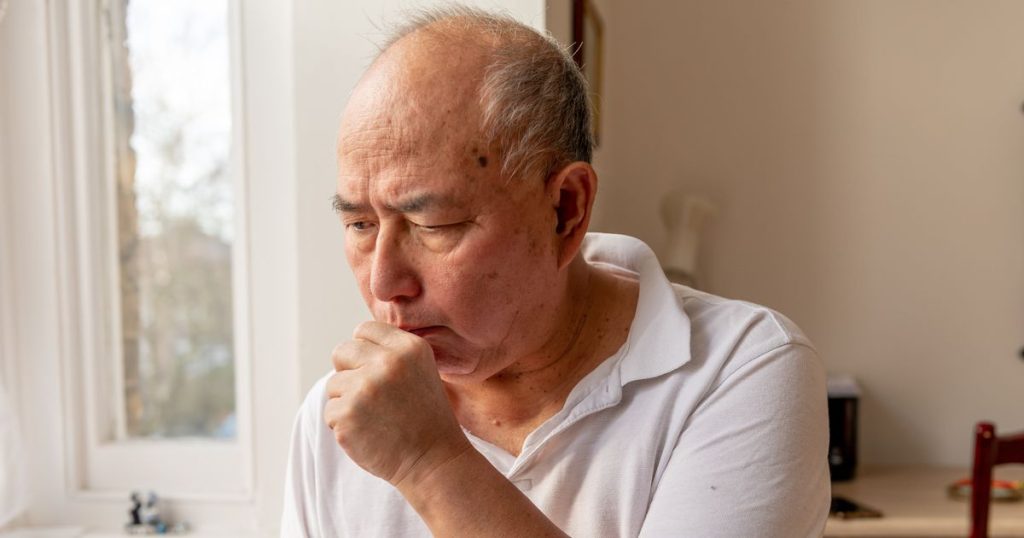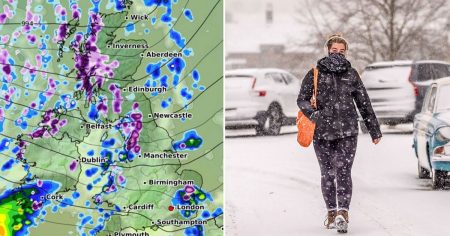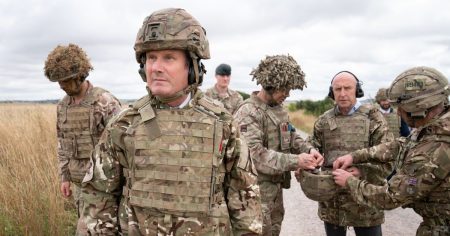Understanding Respiratory Syncytial Virus (RSV) and Its Impact
Respiratory Syncytial Virus (RSV) is a highly contagious virus that affects people of all ages but is particularly dangerous for young children, older adults, and individuals with weakened immune systems. RSV is one of the most common causes of respiratory infections worldwide, leading to bronchitis, pneumonia, and other severe breathing difficulties. Each year, RSV is responsible for thousands of hospitalizations, especially among vulnerable populations. Despite its prevalence, RSV remains a lesser-known virus compared to influenza or COVID-19, which is why raising awareness about its risks and preventive measures is crucial.
RSV spreads through respiratory droplets when an infected person coughs or sneezes, or by touching surfaces contaminated with the virus. Symptoms of RSV infection often resemble those of the common cold, such as runny nose, coughing, and fever. However, in severe cases, especially in young children and older adults, RSV can lead to life-threatening complications, including bronchiolitis (inflammation of the small airways in the lungs) and respiratory failure. This is why the development of a new jab to protect against RSV is a significant breakthrough in public health.
The New RSV Jab: A Breakthrough in Prevention
In response to the growing threat of RSV, scientists have developed a new vaccine designed to protect against the virus. This jab is specifically targeted at individuals who are at the highest risk of severe RSV infection, including young children, older adults, and those with weakened immune systems. The vaccine works by stimulating the immune system to produce antibodies that can fight off RSV, thereby reducing the risk of severe illness and complications.
The introduction of the RSV jab is a major milestone in the fight against respiratory infections. Unlike previous attempts to develop an RSV vaccine, this new jab has shown promising results in clinical trials, demonstrating both safety and efficacy. For parents of young children, this vaccine offers peace of mind, knowing that their child is protected against a virus that could otherwise lead to serious health issues. For older adults and immunocompromised individuals, the jab provides an additional layer of protection during the colder months when respiratory infections are more prevalent.
NHS England’s Appeal to Eligible Individuals
NHS England has issued an urgent appeal to approximately 1.3 million people who are eligible for the new RSV jab to come forward and get vaccinated. This targeted group includes children under the age of 2 who were born prematurely or have certain health conditions, as well as older adults aged 65 and above. Additionally, individuals with weakened immune systems, such as those undergoing chemotherapy or living with chronic illnesses like diabetes or heart disease, are also encouraged to receive the jab.
The NHS is urging these at-risk groups to take advantage of the new vaccine, as it represents a critical opportunity to protect themselves and their loved ones from the potentially deadly consequences of RSV. By vaccinating eligible individuals, the NHS hopes to reduce the number of hospitalizations and deaths caused by RSV, particularly during the winter months when the virus is most active. This effort is part of a broader strategy to ease the burden on the healthcare system and ensure that vulnerable populations receive the protection they need.
Addressing Concerns and Misinformation
As with any new vaccine, there may be questions and concerns about the safety and effectiveness of the RSV jab. It is important to address these concerns with accurate and reliable information. The new RSV vaccine has undergone rigorous testing and has been approved by regulatory authorities, such as the UK’s Medicines and Healthcare products Regulatory Agency (MHRA), after meeting strict safety and efficacy standards.
Common misconceptions about vaccines, such as the belief that they can cause the very illnesses they are meant to prevent, are unfounded and have been disproven by scientific evidence. The RSV jab, like all vaccines, may cause mild side effects, such as soreness at the injection site or a slight fever, but these are typically temporary and mild. The benefits of vaccination far outweigh the risks, particularly for those who are most vulnerable to severe RSV infection.
The Importance of Community Action
The success of the RSV vaccination program depends on the active participation of eligible individuals. By getting vaccinated, not only are they protecting themselves, but they are also contributing to the broader effort to reduce the spread of RSV in the community. This sense of shared responsibility is crucial in the fight against infectious diseases, as no one is completely safe until everyone is protected.
The NHS is calling on families, caregivers, and healthcare providers to spread the word about the importance of the RSV jab. By educating others about the risks of RSV and the benefits of vaccination, they can help ensure that as many eligible individuals as possible receive the jab. This collective action will not only save lives but also help to prevent the overwhelming of healthcare services during the winter months.
Conclusion: Protecting Ourselves and Our Loved Ones
The new RSV jab is a powerful tool in the fight against respiratory infections, offering hope and protection to those who need it most. NHS England’s appeal to eligible individuals is a timely reminder of the importance of taking proactive steps to safeguard our health and the health of our loved ones. By understanding the risks of RSV, embracing the new vaccine, and working together as a community, we can all play a role in reducing the impact of this dangerous virus.
For those who are eligible, getting the RSV jab is a simple yet effective way to protect themselves and others from the potentially life-threatening consequences of RSV. The NHS is ready to provide the vaccine to all who need it, but it requires the active participation of the public to make this initiative a success. Let us take this opportunity to prioritize our health and the health of our community by getting vaccinated against RSV. Together, we can create a safer and healthier future for everyone.












